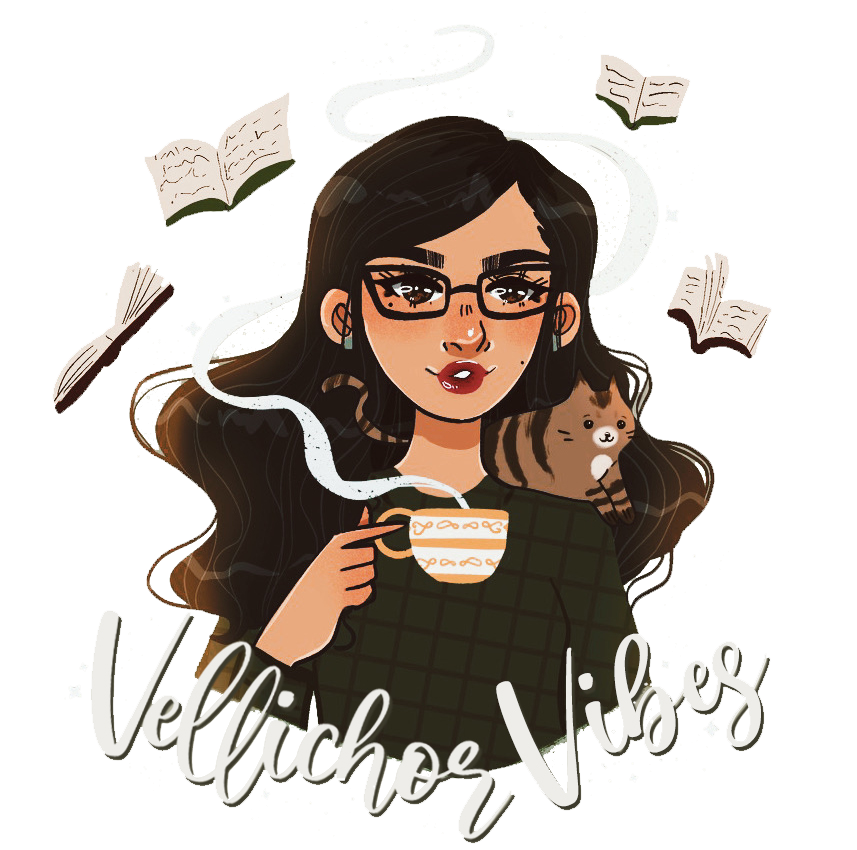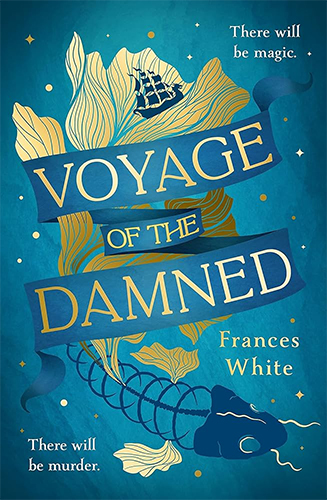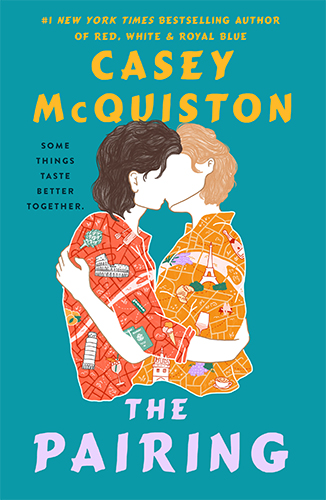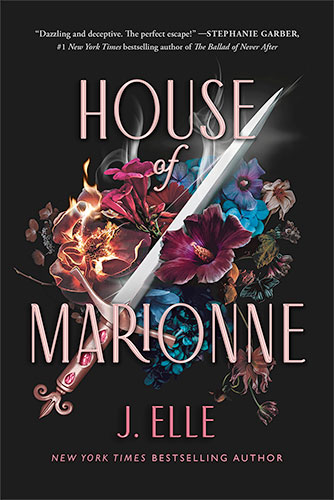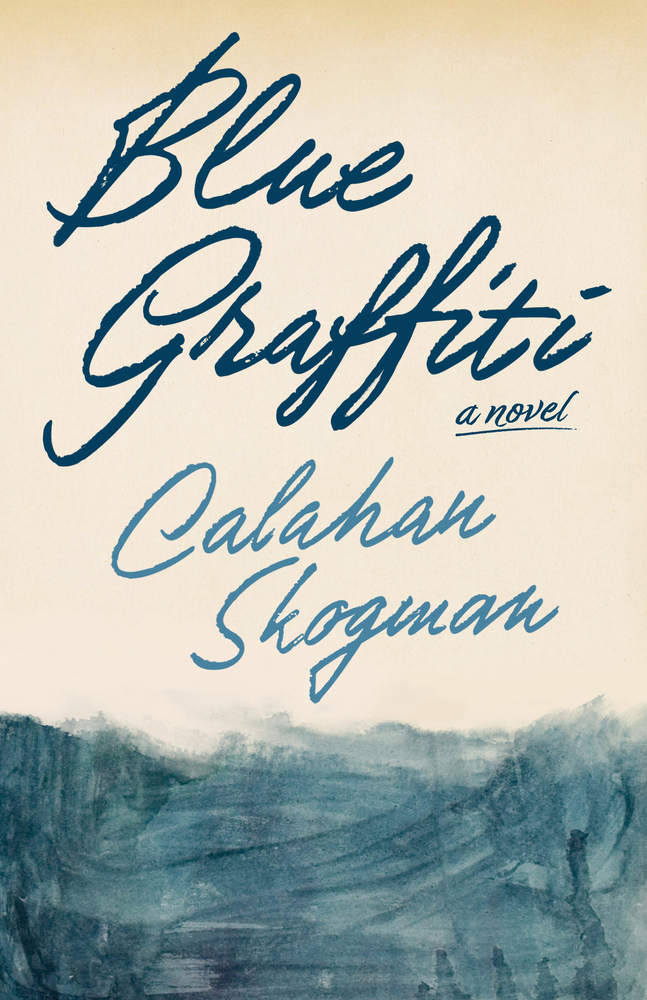Smoke and Scar by Gretchen Powell Fox is a gripping enemies-to-lovers romantasy that plunges readers into a world still reeling from the dark, magical scars of an ancient war. At its center is Elyria Lightbreaker, a fae war hero (or criminal, depending on who you ask) who has spent 250 years drowning her past in alcohol, sex, and reckless avoidance. But when her dead lover’s sister enters the Arcane Crucible—a brutal, winner-takes-all series of trials that could shift the fragile balance between humans and fae—Elyria is dragged back into a fight she wanted to forget. As she battles deadly opponents, shifting alliances, and an infuriatingly broody human knight, Smoke and Scar delivers high-stakes action, emotional depth, and a slow-burn romance that smolders…right until it ignites.
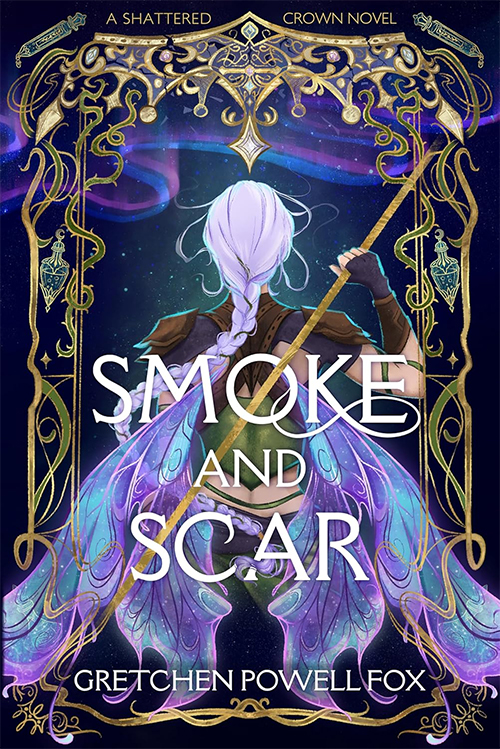
Cedric shuddered at the thought of what it would be like to meet the Revenant in battle at full power. He hoped he never had to find out. And yet, for some reason he could not possibly begin to explain, he also hoped he did?
Gretchen Powell Fox, Smoke and Scar
I could only ever mean this in the best way, but start this book prepared with the knowledge that it will make you fall hard for its characters, then drop you into a haunted cave and threaten to break your heart once you’re in its clutches. (But it’s fine! You’ll be fine. Trust me.) Elyria is sharp, feral, and drowning in unresolved trauma, and Cedric, is a fierce warrior with protective instincts that belie his programming, particularly once he begins to question the narratives he’s been raised on after actually spending time with fae. What makes their dynamic fresh is the way Fox subverts our favorite genre conventions. Elyria is the shadow mommy, if you will. She’s emotionally constipated and a little bit uncouth, and Cedric is her damsel in distress (and there is so much distress—whump goblins, come get your food!). Their romance is the kind of slow burn that aches in the best way, full of reluctant trust and repressed third-degree yearns. Among other choice genre favorites, there is a Pride and Prejudice-esque hand flex, as well as a “who did this to you?” But when I say it’s a slow burn, what I mean is any slower, and they’d literally be on fire. But it’s great! So bring your marshmallows!
High fantasy can sometimes fall into the trap of making side characters seem as though they’re positioned simply to function as plot devices rather than people, but here, every character feels important and distinct. They are a found family, full of snarky, reckless, and endlessly lovable personalities. Fox’s treatment of “side characters” (more accurately, characters who are not the two main love interests) reminds me of the way Leigh Bardugo writes her characters in the Grishaverse. Nox and Thraigg are my favorites in the bunch (actually, I need an entire novella all about Nox), but truly, not a single one feels expendable.
As she met his golden brown eyes, something stirred in the hollow place where her inner shadow slept. A recognition. An understanding.
Gretchen Powell Fox, Smoke and Scar
One of the most impressive things about Smoke and Scar is its handling of power—not just the kind you wield in battle but the kind that shapes societies, histories, and people. The Crucible isn’t just a fight for a shiny prize; it’s a symbolic war over centuries of oppression, loss, and vengeance. The fae and humans have deeply entrenched narratives about who deserves power and why, and Fox doesn’t take the easy route of making one side clearly “right.” Instead, the story wrestles with the murky, often brutal nature of power itself: who controls it, who’s willing to die for it, and whether it can ever truly be shared.
The worldbuilding smartly reinforces the novel’s deeper themes, balancing intricate political tensions with tangible, sensory-rich settings that make you feel like you’re walking through the aftermath of a war that never quite ended. The Crucible itself is a thrilling, blood-soaked puzzle box of challenges, and Fox crafts each trial with enough variety and tension to keep both characters and readers on their toes. There’s a real sense of danger, and readers quickly learn no character is safe. As a result, each thrilling victory feels earned. The trials aren’t just about physical strength either; they demand strategy, adaptability, and an understanding of the larger forces at play. And because of that inventiveness, it’s fun to read about each new trial because they almost feel interactive, pulling the reader into the problem-solving alongside the characters.
Beyond its political and magical intrigue, Smoke and Scar also carries deeper themes of identity, acceptance, and learning to embrace the parts of yourself you’ve been taught to suppress. Elyria’s journey with her shadow powers, in particular, feels like a metaphor for self-acceptance—whether that’s tied to gender, sexuality, culture, or any other aspect of identity. There’s a moment where she finally stops resisting this part of herself, and it’s written with a kind of catharsis that will resonate deeply with anyone who’s ever struggled with their own sense of belonging.
She’d spent so long burying half of herself. Now that she had finally given that half the freedom of acknowledgment—started to embrace it, even—she suddenly wanted to know more about it. Wanted to know everything.
Gretchen Powell Fox, Smoke and Scar
If there’s one place where I found myself wanting more, it’s in the details of Cedric’s backstory (anyone else get unreasonably attached to Tristan for the 0.5 seconds he appears?) and the mechanics of mana magic. Cedric often serves as the “token human,” giving us an outsider’s perspective on the fae world, but his own history remains somewhat elusive. The concept of mana and the tension surrounding its use also raises questions that feel ripe for further exploration. What exactly does it mean to leach mana from the land? Why is it seen as so inherently destructive, especially when celestial forces gifted humans with this ability? And what are we to make of the fact that most of Cedric’s identity as a knight is supplemented by the lore behind this power? Fox gives us enough to fuel the conflict but leaves plenty of room for further revelations in future books. We also get seamless nonbinary representation in Tenebris Nox, but for all the diverse and interesting fae creatures and cultures introduced in this novel, I really wish we’d had a chance to see more of the LGBTQ+ representation that surely must exist in this world.
Ultimately, Smoke and Scar is the best kind of fantasy because it provides readers a thrilling, high-stakes adventure while sneaking in sharp commentary on power, identity, and history. And yet, despite its weighty themes, the book never feels bogged down. It’s as entertaining as it is thought-provoking. The characters are ones you want to protect (even when they make terrible choices), and the world feels vast but never overwhelming. I can picture it next to everyone’s favorite series by Sarah J. Maas, Rebecca Yarros, and Leigh Bardugo. If you love found family, slow burn romance, and fantasy that dares to explore the true cost of power, this is one you won’t want to miss.
Thank you to the author, Gretchen Powell Fox, as well as NetGalley and Scarlett Press, for sharing an advanced reader copy of this book in exchange for an honest review.
